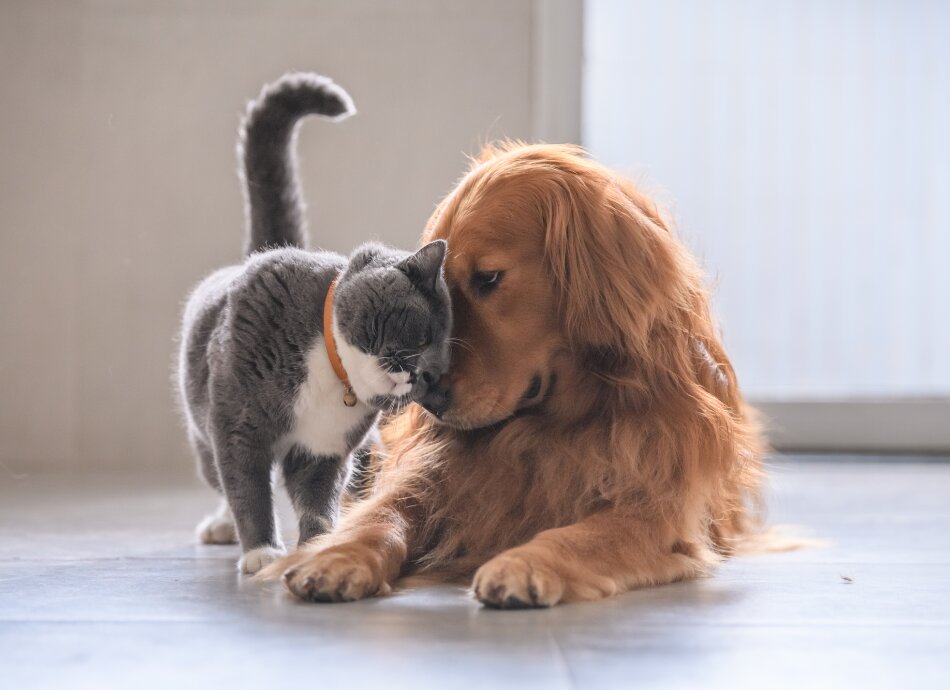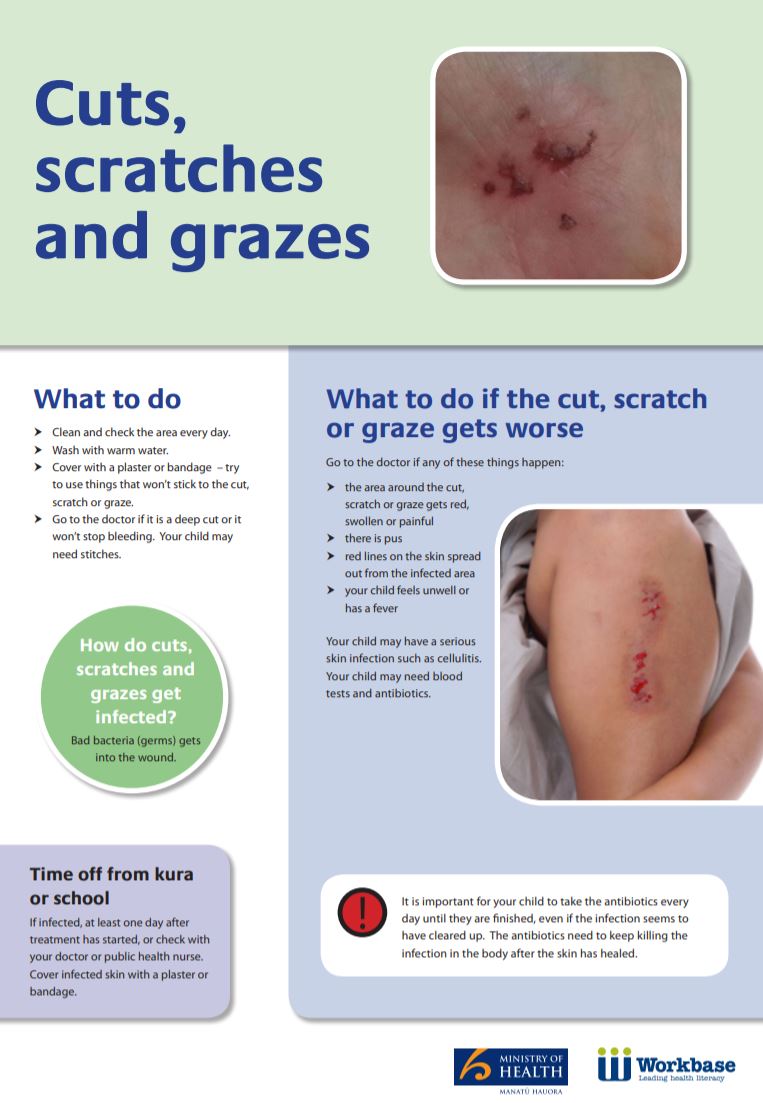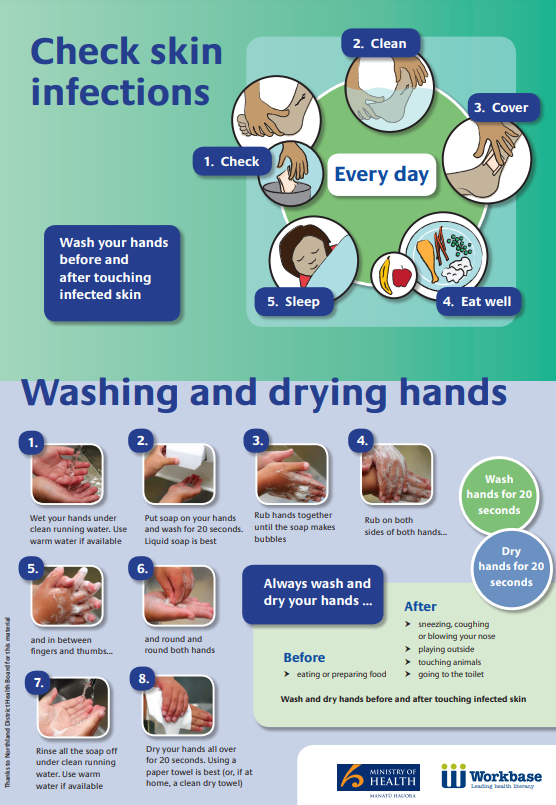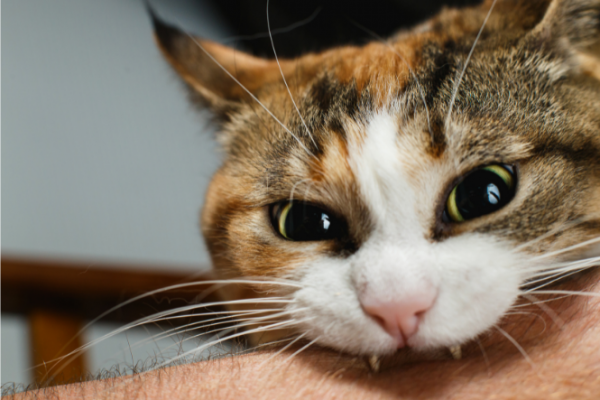If you're a frequent visitor to Healthify, why not share our site with a friend? Don't forget you can also browse Healthify without using your phone data.
Animal and human bites
Key points about animal and human bites
- Bites from dogs, cats and rodents as well as from other people can be serious.
- Clean them carefully and seek medical attention if your skin has been broken.
- All animal and human bites can become infected if they are not treated.

Most of the animal bites people get are from dogs, followed by cats and rodents (rabbits, rats, etc). Cat scratches can be as serious as cat bites, because cats constantly lick their claws and the claws carry germs from the cat’s mouth. People and animals have bacteria in their mouths which can easily lead to an infection if a bite breaks the skin. Even minor scrapes, such as in sports when someone’s mouth could graze your hand by accident, should be taken seriously. As long as animal and human bites are treated the wound is generally not serious but, if not treated, it can quickly become infected.
- Start by cleaning the bite. Run it under warm water for a few minutes. Wash the area even if the skin is intact.
- Make sure you remove any hair, dirt or anything else in the wound.
- If it is not already bleeding freely, squeeze it gently to encourage the blood to bring out any dirt from inside the bite.
- If it is bleeding a lot, wash it then put a clean pad or sterile dressing over it and apply pressure. Once the bleeding stops, dry the wound and cover it with a clean dressing or plaster.
- Watch out for fainting – animal bites can be upsetting.
- If the bite has severed (removed) a body part like a finger or an ear, wash it with tap water, wrap it in a clean tissue, and store it in a plastic bag surrounded by ice so it can be transported to hospital for reattachment.
- If the bite has caused a very serious life or limb-threatening injury, call 111 for emergency help.
If the bite has broken the skin, you should seek immediate medical attention after cleaning the wound.
Depending on the severity of the bite a number of things might happen. Your doctor may:
- Clean up loose or damaged skin around the wound.
- Arrange for a blood test to check for infection.
- Prescribe antibiotics to treat an infection.
- Recommend a tetanus injection.
- Close the wound with stitches.
- Send you for an x-ray to check for bone damage or a foreign body in the wound, eg, a tooth.
- Refer you to a specialist if tendon or nerve damage is suspected
- Treat you if you have been bitten by a person with hepatitis or HIV to stop you getting infected.
- Give you advice on how to keep the wound clean and help it to heal. Read more about what you can do to help a wound heal.
The time it takes for wounds to heal depends on the extent of the damage and your overall state of health. If the bite is infected, the infection will usually heal in 7–10 days with treatment. A deep bite may cause scarring and it might damage nearby nerves.
Follow your healthcare provider's instructions for care of the wound. Watch out for signs of infection.
| Signs of infection include: |
|
The following links provide further information about caring animal and human bites. Be aware that websites from other countries may have information that differs from New Zealand recommendations.
Cuts, grazes and puncture wounds(external link) Health New Zealand | Te Whatu Ora
Wounds(external link) DermNet, NZ
Eating well for wound healing(external link) Health New Zealand | Te Whatu Ora, NZ
(external link)Wounds – how to care for them(external link) Better Health Channel, Australia
Brochures
Cuts, scratches and grazes(external link) Workbase Education Trust and Ministry
Check skin infections – washing and drying hands(external link)(external link) Ministry of Health and Workbase NZ
References
- Animal bite(external link) DermNet, NZ, 2015
- Animal and human bites(external link) NHS, UK, 2019
Dog-related injuries – notification, safeguarding and bite management(external link)(external link) Starship, NZ 2022
Infected bite wounds(external link) The Pink Book, NZ
Animal bite(external link) DermNet, NZ
Human bite(external link) DermNet, NZ
Dog and cat bites(external link) Patient Info, UK
Human bites(external link) Patient Info, UK
Brochures

Health Literacy NZ

Ministry of Health and Workbase NZ
Credits: Healthify editorial team. Healthify is brought to you by Health Navigator Charitable Trust.
Page last updated:






